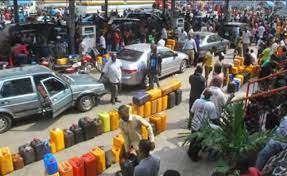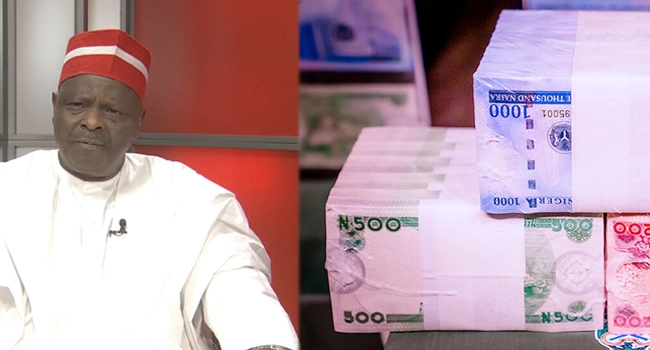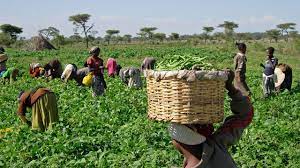Nigeria’s Inflation Rate Hits Five-Year High At 18.60%
Written by on July 15, 2022
The consumer price index (CPI), which measures the rate of change in prices of goods and services, hit a five-year record high leapfrogging from 17.71 per cent in May to 18.60 per cent in June 2022.
The National Bureau of Statistics (NBS) disclosed this in its consumer price index (CPI) report for June 2022, released on Friday.
Also detailed in the report, were recorded increases in all classifications of individual consumption according to purpose (COICOP) divisions that yielded the headline index.
The report also revealed that “in the month of June 2022, the urban inflation rate increased to 19.09 per cent (year-on-year); this is a 0.74 per cent increase compared to 18.35 per cent recorded in June 2021.”
It also said that on a month-on-month basis, the urban inflation rate rose to 1.82 per cent in June 2022, this is a 0.01 per cent increase compared to May 2022 (1.81 per cent).
The composite food index experienced a similar increase rising to 20.60 per cent in June 2022 on a year-on-year basis; the rate of changes in average price level declined by 1.23 per cent compared to 21.83 per cent in June 2021.
The rate of changes in food prices compared to the same period last year
was higher due to higher foods prices volatility caused by COVID 19. This rise in the food index was caused by increases in the prices of Bread and cereals,
Food products n.e.c, Potatoes, yam, and other tubers, Meat, Fish, Oil and fat, and Wine. On a month-on-month basis, the food sub-index increased to 2.05 per cent in June 2022, up by 0.03 per cent points from 2.01 per cent recorded in May 2022.
The average annual rate of change of the Food sub-index for the twelve-month period ending June 2022 over the previous twelve-month average is 18.62 per cent, which is 1.10 per cent points decline from the average annual rate of change recorded in June 2021 (19.72 per cent).
On a month-on-month basis, however, in June 2022 food inflation was highest in Ebonyi(3.52%), Bayelsa (3.27%), and Ondo (3.25%), while Sokoto (0.11%), Taraba (0.94%) and Adamawa (1.22%) recorded the slowest rise on month-on-month inflation.







 CityRadio 89.7FM
CityRadio 89.7FM